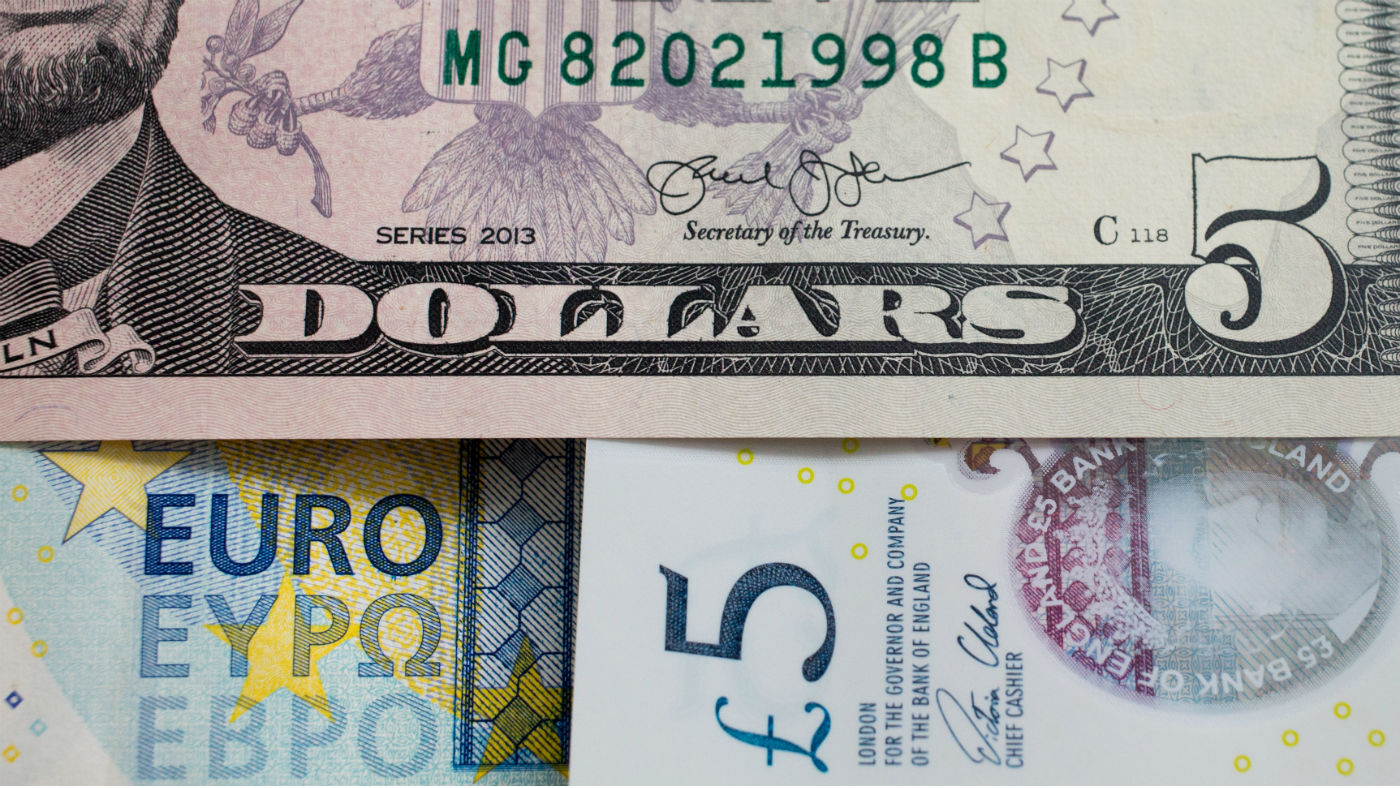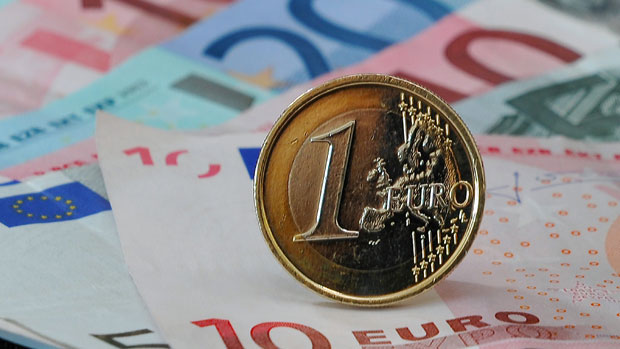Greece travel advice: how the crisis could affect your finances
It's not just holiday money – savings and mortgage rates could also be affected by the Greek crisis

A free daily email with the biggest news stories of the day – and the best features from TheWeek.com
You are now subscribed
Your newsletter sign-up was successful
Greece may have reached a deal with its creditors, but the country's financial woes are far from over. Although the worst effects will be felt by the Greek people, ripples from the crisis are likely to reach holiday-makers who visit the country – and borrowers and savers in the UK
Read on to discover how the Greek crisis could effect everything from your holiday currency to your mortgage.
Greek holidays
The Week
Escape your echo chamber. Get the facts behind the news, plus analysis from multiple perspectives.

Sign up for The Week's Free Newsletters
From our morning news briefing to a weekly Good News Newsletter, get the best of The Week delivered directly to your inbox.
From our morning news briefing to a weekly Good News Newsletter, get the best of The Week delivered directly to your inbox.
If you are about to visit Greece on holiday, there are a number of factors to consider.
Don't rely on ATMs: Cash machines are still working and foreign tourists are not subject to the €60 daily limit, but many machines are running out of cash due to high demand. Although they are being restocked, it takes time to move currency around the country, so some have been out of money for days.
Carry cash: The Foreign Office is recommending that you take sufficient euros to cover your stay, emergencies and any unforeseen circumstances. If you are carrying large amounts of cash make sure your travel insurance covers it if it is stolen. Many insurers have increased their cash limits for Greece at the moment.
Book on credit cards: If you need to pay for anything before you go on holiday, such as transport or accommodation, try to put it on a credit card. This way you are covered by Section 75 of the Consumer Credit Act. This means if anything goes wrong you should receive a refund from your credit card provider as long as the purchase amount was more than £100.
A free daily email with the biggest news stories of the day – and the best features from TheWeek.com
Greek currency myths
Many false rumours are currently being circulated regarding Greece's currency. Firstly, you do not need to avoid Greek euros. All euro notes have a one-letter, 11-digit number to indicate which country issued it. If the letter is a Y the notes were issued in Greece. However, all euros are backed by the European Central Bank, which has insisted that all notes are worth the same no matter where they were issued.
You also don't need to worry that if Greece abandons the euro you'll be left unable to spend the cash you have. Whatever currency it adopts, other currencies such as euros, pounds and US dollars are likely to be accepted for many months during a transition period.
Interest rates
You may be surprised to hear that what happens in Greece could also affect your wallet even if you never visit the country. This is because there is a chance that if Greece does default on its debts this could cause investor panic and a market crash. If this happens interest rates could spike meaning higher mortgage rates.
If, as now seems more likely, the Greek crisis results in uncertainty rather than market hysteria, this could lead to lower mortgage rates. That is because yields on British government bonds could rise as they are viewed as a safe haven by investors, which could have the knock-on effect of lower mortgage rates.
-
 How the FCC’s ‘equal time’ rule works
How the FCC’s ‘equal time’ rule worksIn the Spotlight The law is at the heart of the Colbert-CBS conflict
-
 What is the endgame in the DHS shutdown?
What is the endgame in the DHS shutdown?Today’s Big Question Democrats want to rein in ICE’s immigration crackdown
-
 ‘Poor time management isn’t just an inconvenience’
‘Poor time management isn’t just an inconvenience’Instant Opinion Opinion, comment and editorials of the day
-
 Does Trump want to wage a global currency war?
Does Trump want to wage a global currency war?Speed Read US president has warned EU attempts to hold down euro exchange rate will be deemed provocation
-
 Leftover foreign currency: what to do with it
Leftover foreign currency: what to do with itSpeed Read Do you have foreign cash piling up in drawers? Here's how to put it to good use